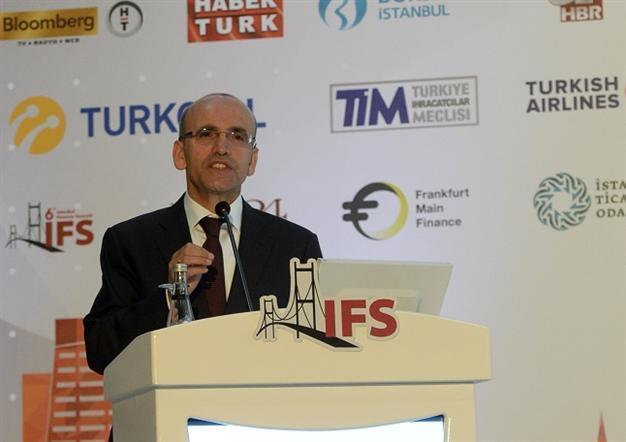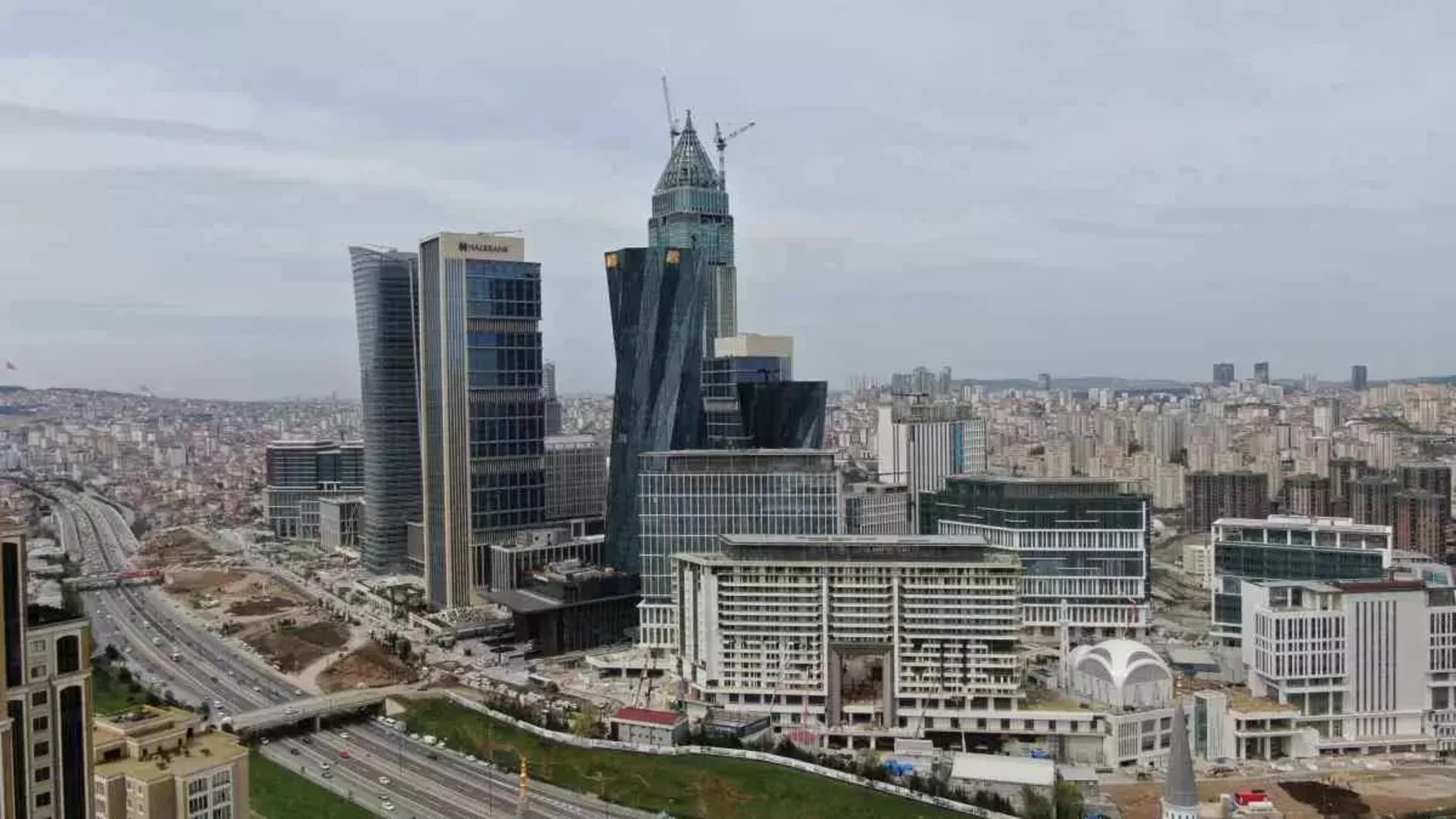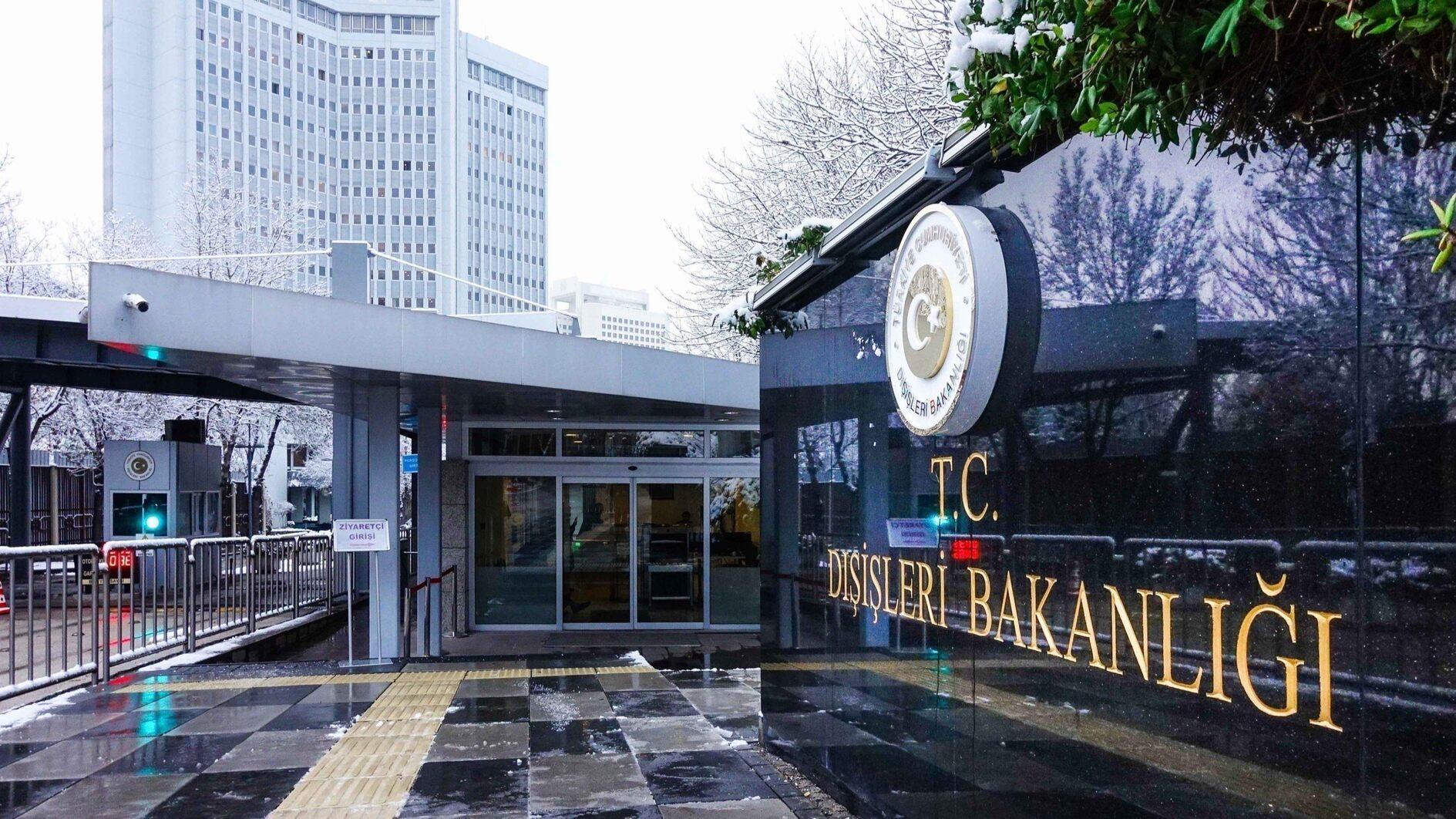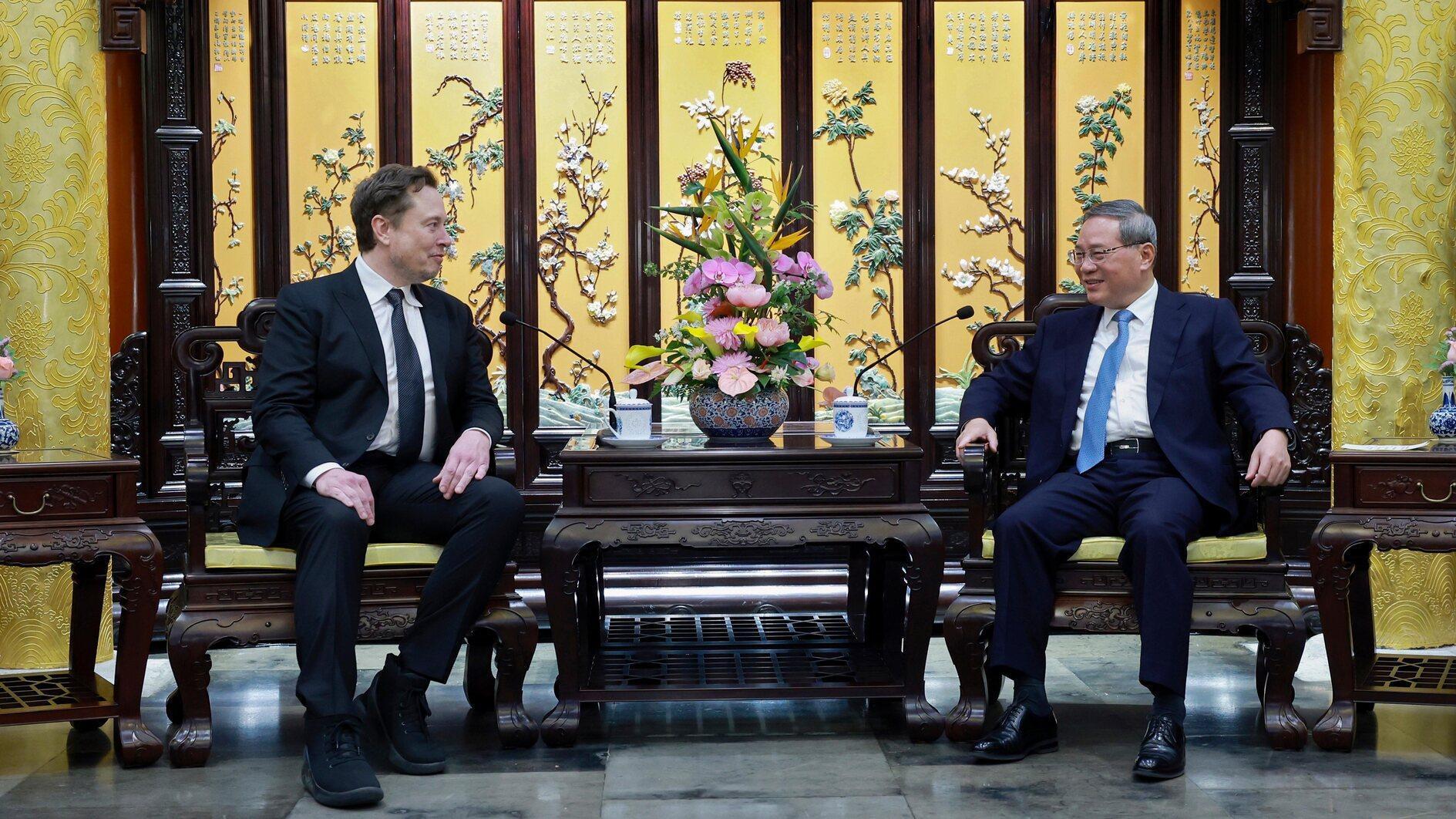Turkish finance minister says political uncertainty biggest risk to economy
ISTANBUL - Reuters

AA Photo
Political instability poses the biggest risk to Turkey’s economy, Finance Minister Mehmet Şimşek said on Sept. 9, citing potential damage to public finances and further pressure on budget and current account deficits.Şimşek’s comments are a rare admission by the governing Justice and Development Party (AKP), which unexpectedly lost its parliamentary majority in June elections, that politics could further hamper Turkey’s once-stunning growth.
The lira currency has hit a series of record lows this year as the election result and an upsurge in violence between Kurdish militants and security forces since July have unsettled investors.
“The most important risk to the Turkish economy is long-term political uncertainty,” Şimşek said at a conference in Istanbul.
“It would be a recipe for budget and current account deficits.”
He said the economy is likely to grow by 3 percent in 2015 but warned that prolonged political uncertainty could weaken strong public finances, which currently act as a buffer against economic shocks.
Şimşek also said achieving a 5 percent inflation target could only happen with a strong government, not through central bank intervention alone.
Turks will vote again on Nov. 1 although polls suggest the AKP will again struggle to win enough votes to form a single-party government and may be forced back to the negotiating table to try to strike a coalition deal.
Turkey’s new deputy prime minister in charge of the economy, Cevdet Yılmaz, said on Sept. 8 that the political uncertainty which has hammered the lira would ease after the November poll.
Turkey needs to restart structural reforms to limit negative effects on emerging markets caused by lower commodity prices and a strong U.S. dollar, Şimşek said.
He noted any loosening of fiscal policy under current global and domestic conditions would likely hurt the Turkish economy.
He also said the government expected to raise more than 10 billion Turkish Liras in privatization revenues in 2016.
















